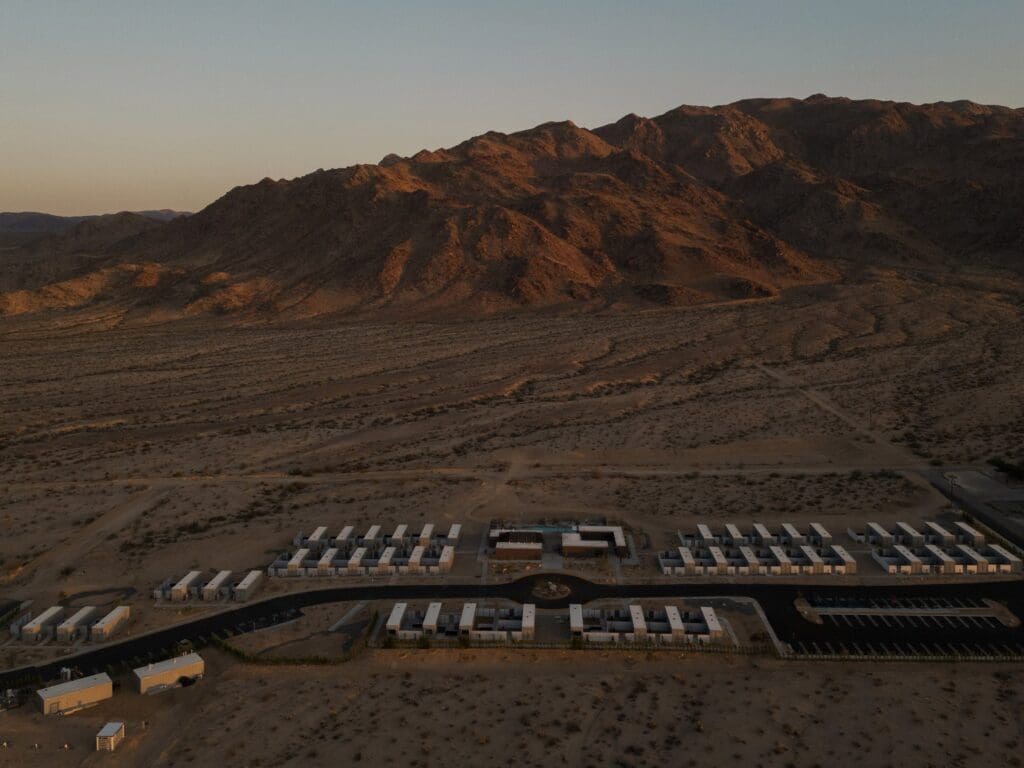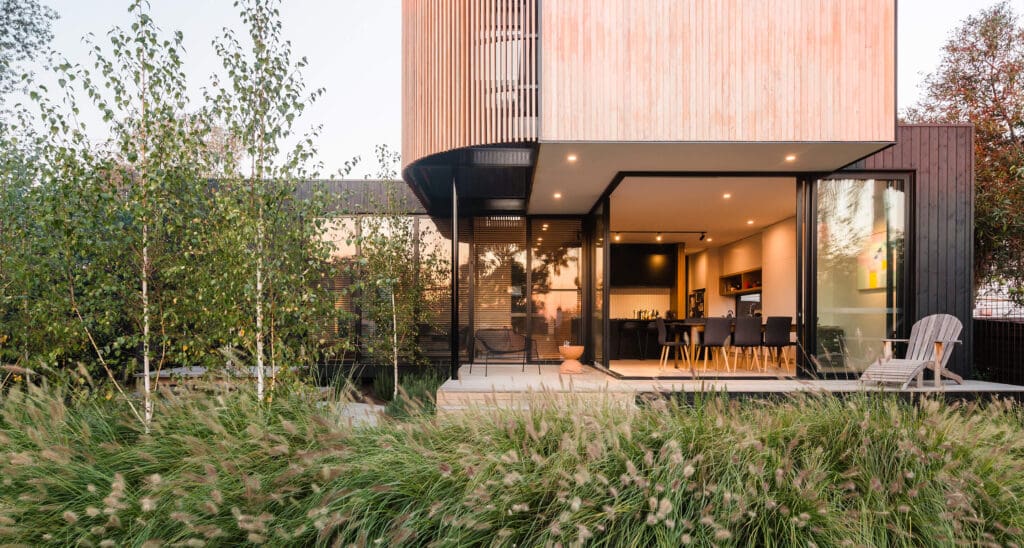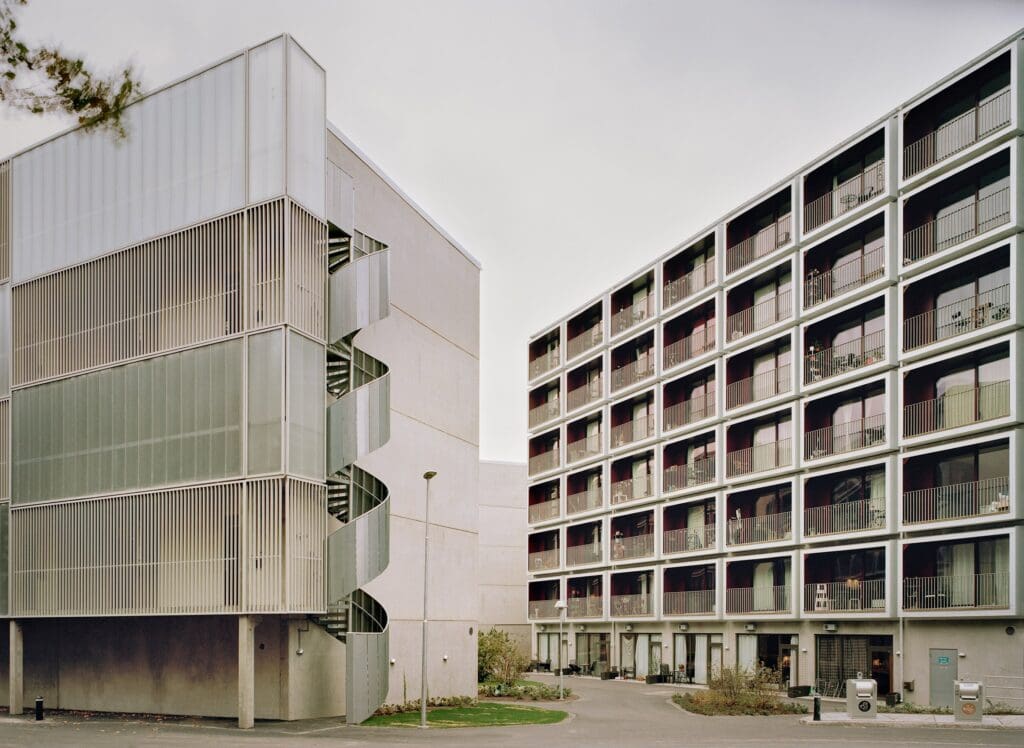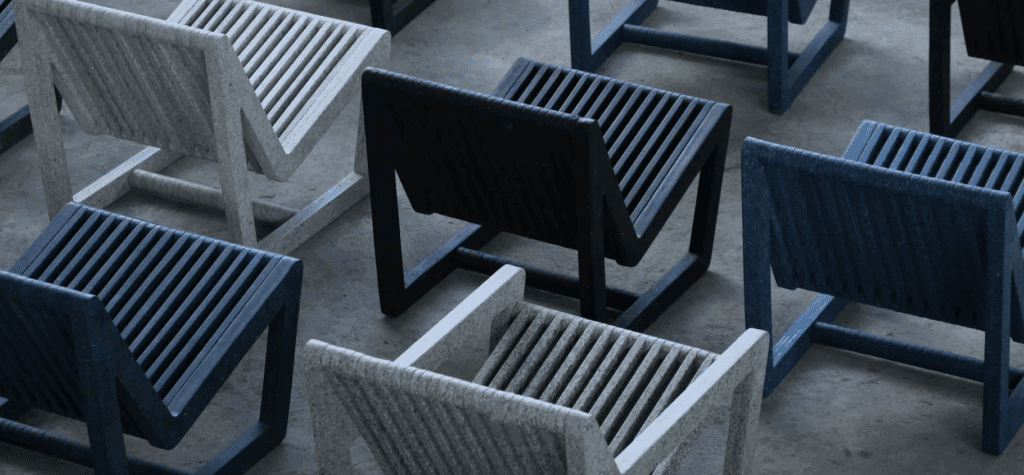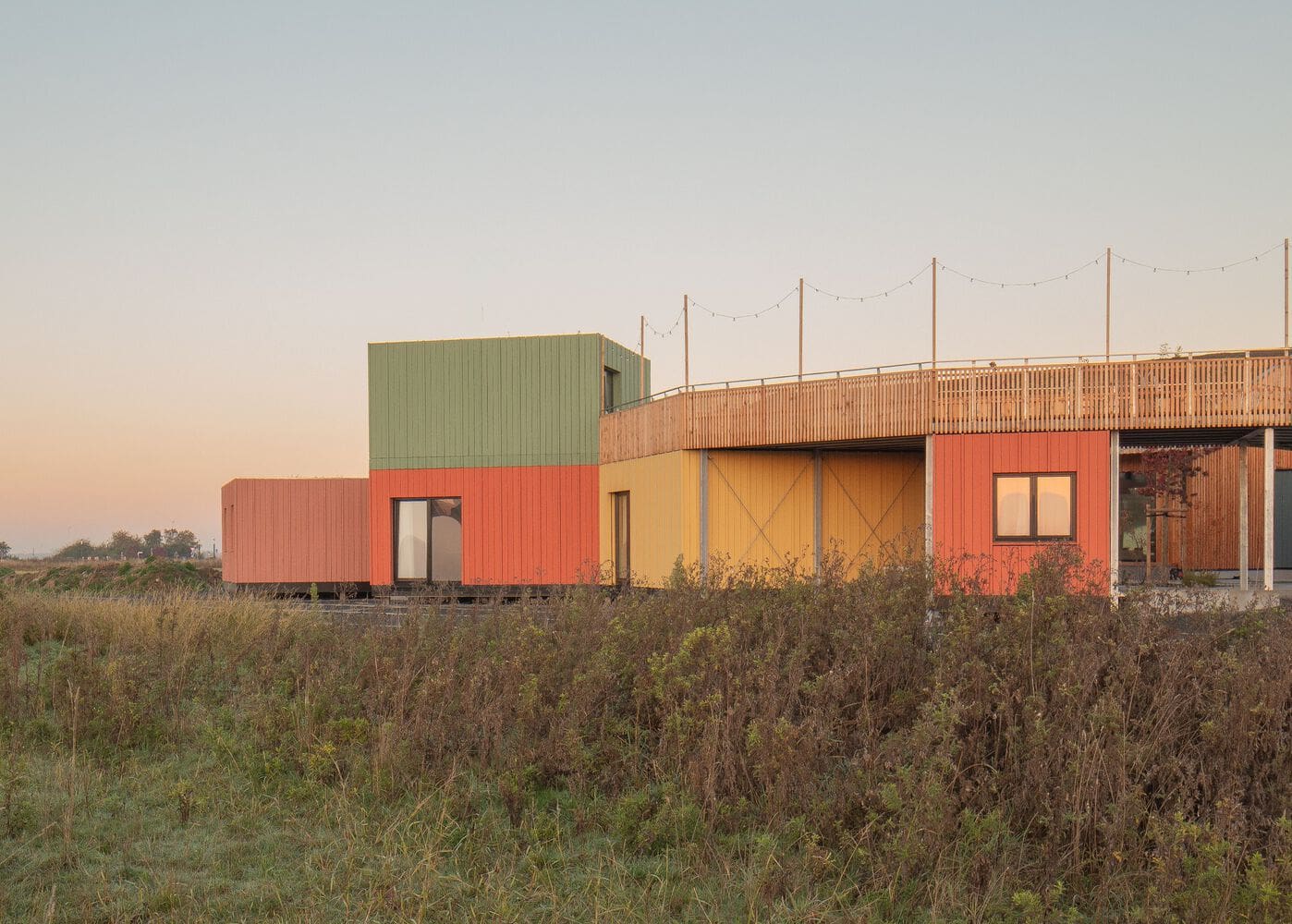
Redefining the Workplace with Startup Village Jülich
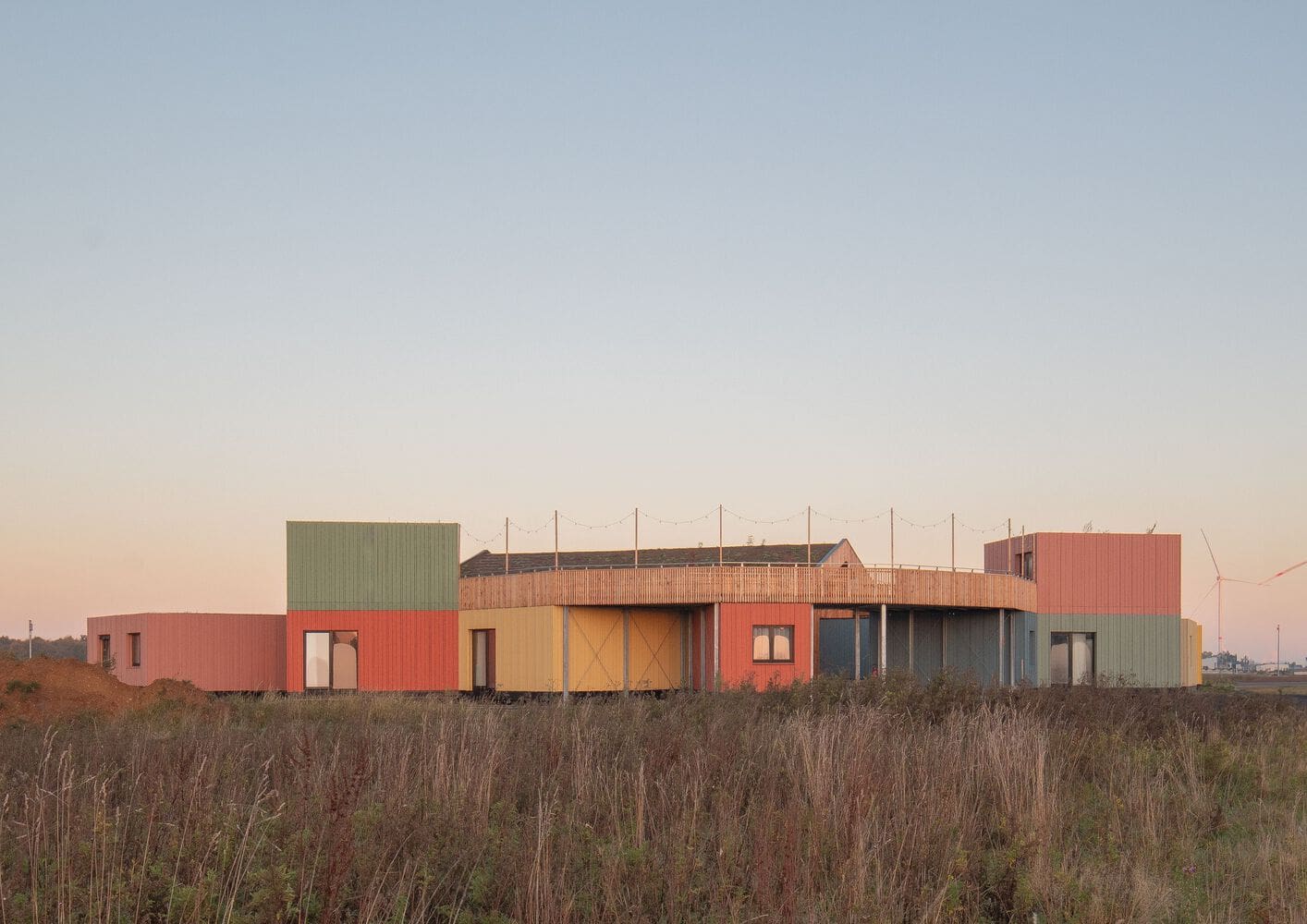
Set within the historic town of Jülich, Germany, Startup Village reimagines the entrepreneurial workspace through a clever modular approach that fosters community, adaptability and environmental sensitivity.
Julius Taminiau Architects approached the brief with a clear ambition: to foster a dynamic, flexible environment where startups could grow, connect and evolve. Rather than defaulting to traditional office typologies, they conceived a modular village—a playful yet highly adaptable arrangement of prefabricated timber modules laid out on a hexagonal grid. This flexible geometry not only allows the village to expand and contract over time but also encourages an organic, informal rhythm between private workspaces and communal areas.
Each unit is constructed from locally sourced wood, assembled using wooden nails rather than adhesives—an approach that not only underscores a strong sustainability ethic but also enables effortless disassembly, reuse and recycling. Sustainability is further championed through features like high-performance insulation, natural cross-ventilation, and extensive green roofs that reintroduce biodiversity into the urban landscape.

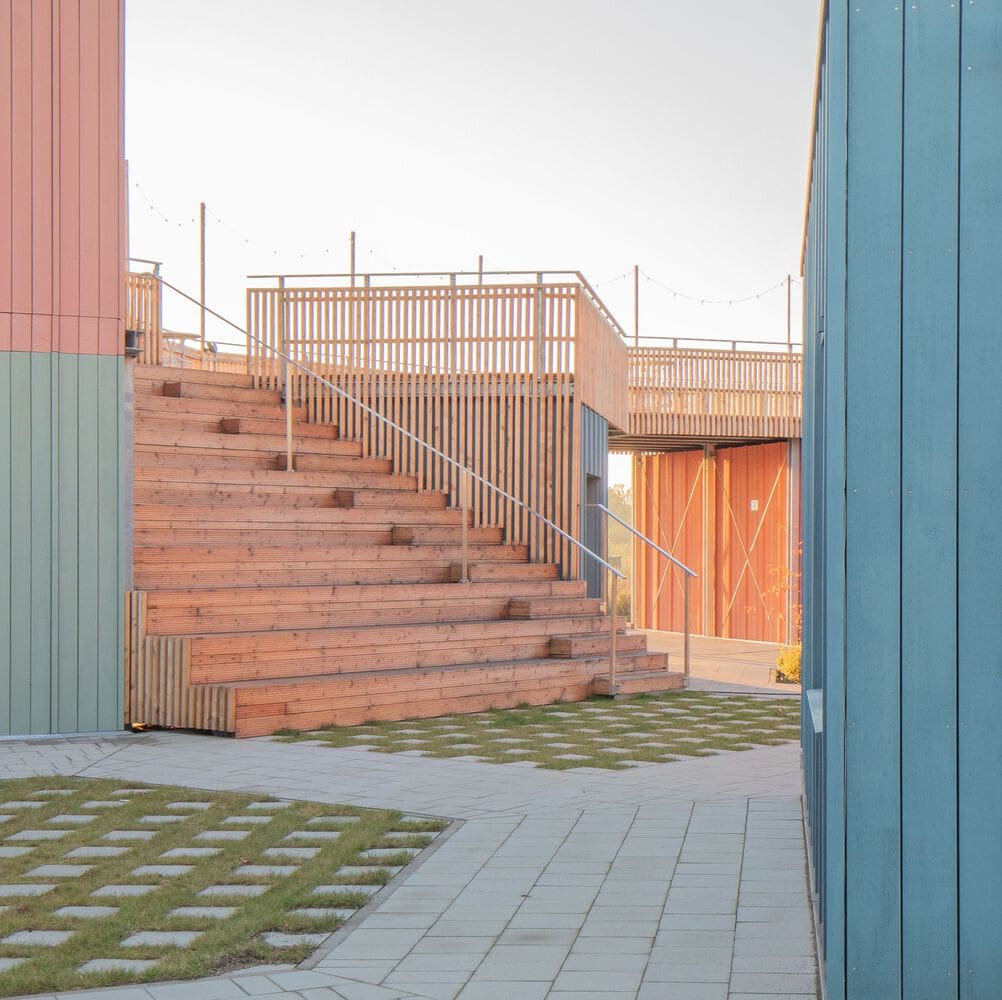
Visually, the village carries a playful nod to its setting. The modules are vibrantly coloured, drawing inspiration from the painted façades of the surrounding residential neighbourhoods, while the hexagonal site layout references Jülich’s Renaissance citadel — a contemporary twist on a historic motif.
More than a collection of buildings, Startup Village is a living framework — designed to expand, contract, and evolve alongside its community of startups. It’s an elegant case study in how modular thinking can transcend efficiency to deliver places of genuine connection and creativity.
At Modscape, we love Startup Village’s intelligent flexibility—it’s modular design that grows naturally with people and ideas. Startup Village shows how prefabricated design, when led by thoughtful choices rather than speed alone, can create places that are not only functional but genuinely transformative. It’s a reminder that modular architecture isn’t just about building faster — it’s about shaping spaces for life, growth and lasting connection.
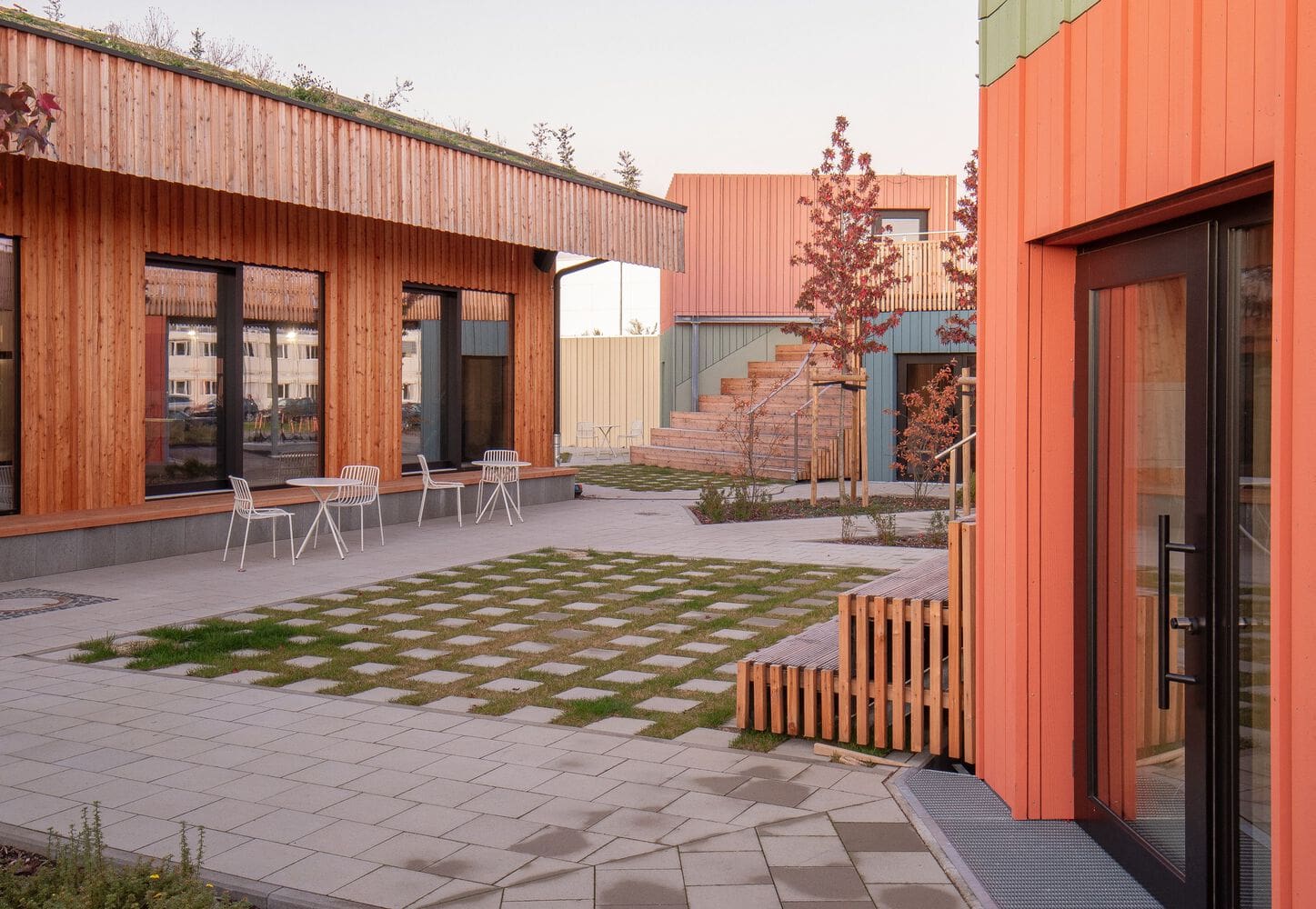
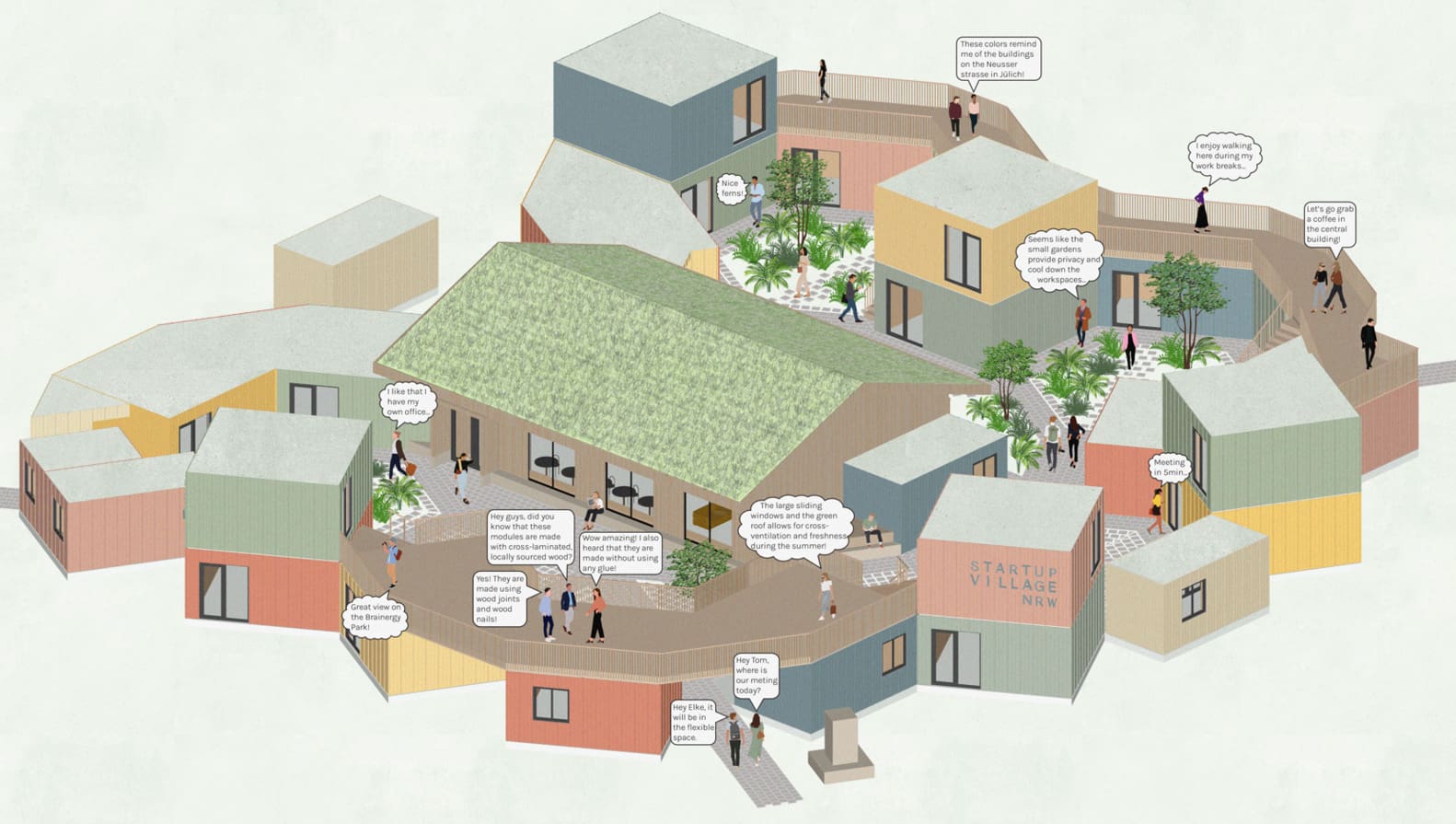
Credits


